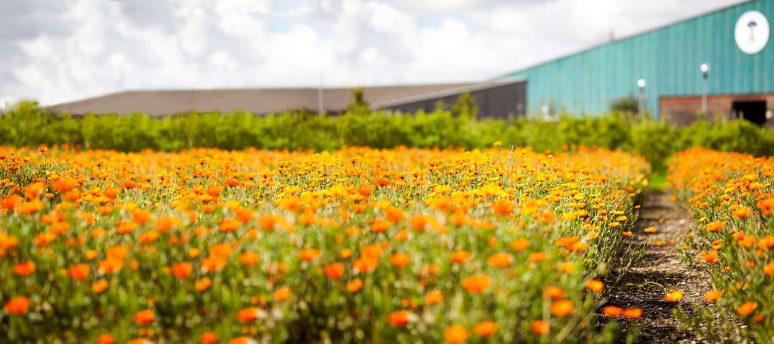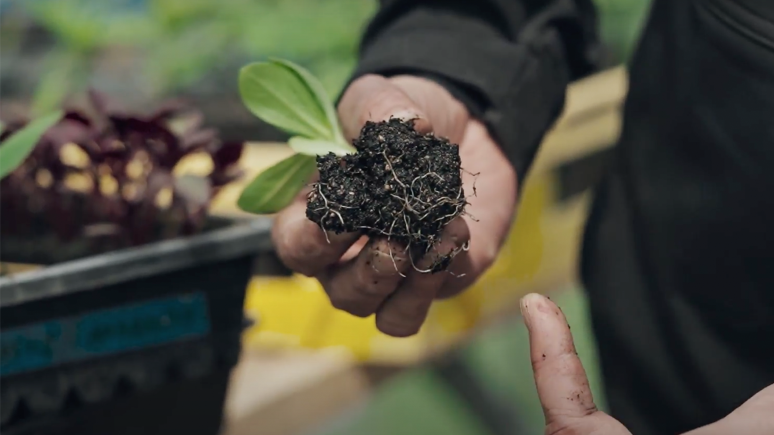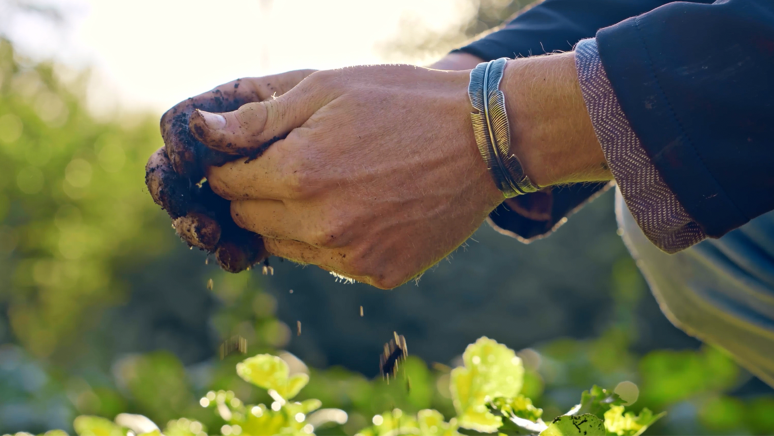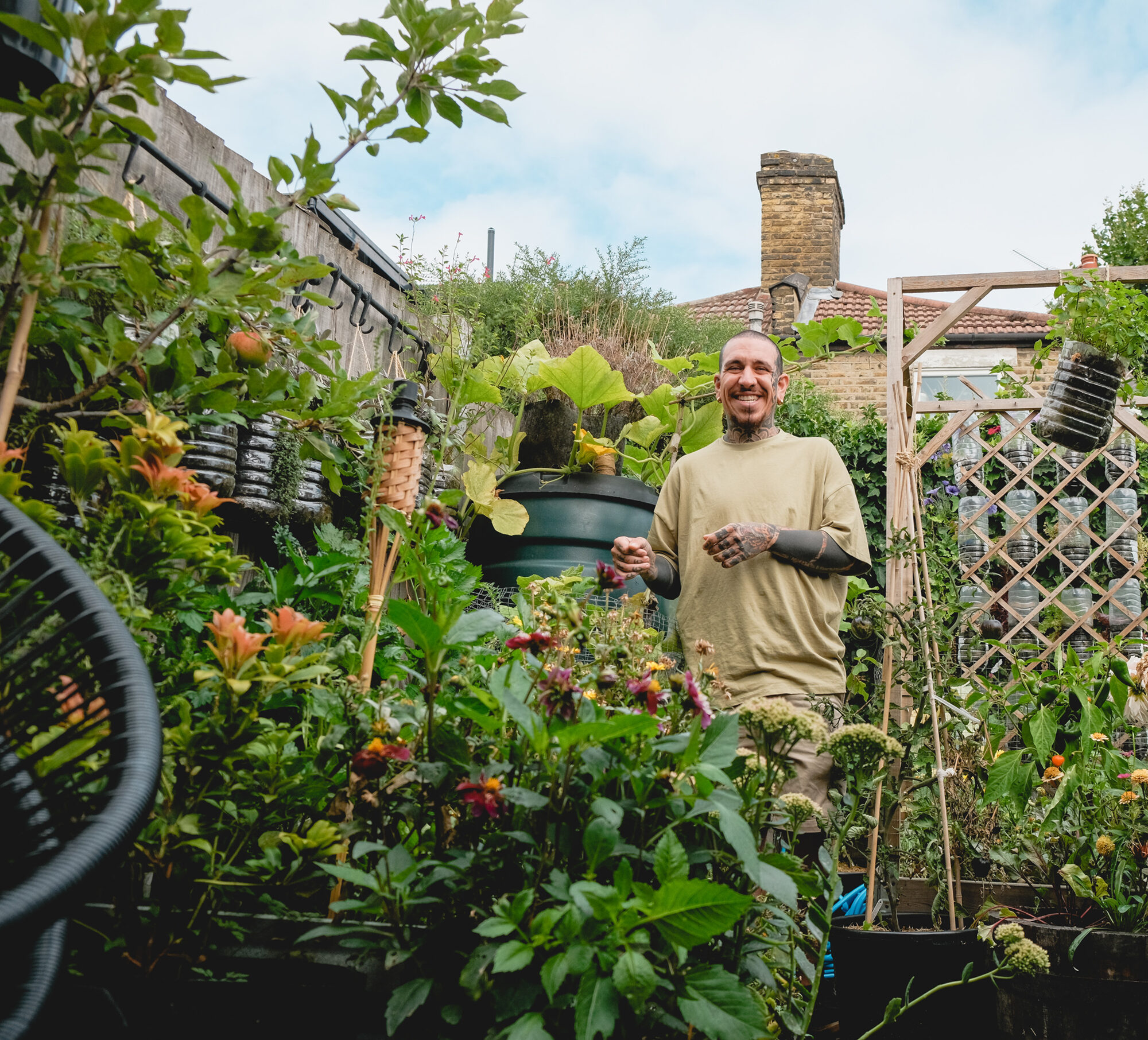
What does Organic mean?
When we consider ecosystem restoration, the first thing that comes to mind may not be an organic cucumber at your local supermarket. However, restored ecosystems, regenerative agriculture, and thriving biodiversity are all closely connected to organic growing.
But what does organic actually mean?
Organic is a system of farming and food production. Farmers using organic systems aim to produce high-quality crops, using methods that benefit our whole agricultural system, from people to planet, plant health to animal welfare.
Organic farmers work to a strict set of standards, ensuring that their farms sustain the health of:
- Soils
- Ecosystems
- Animals
- People
These standards are built on the key principles of organic agriculture:
- Health
- Ecology
- Care
- Fairness
What does organic farming look like in practice?
Fewer pesticides
‘Pesticides’ are chemicals designed to kill insects and other pests, including weeds and fungal diseases. Recent studies name pesticides as key drivers of global insect declines and the biodiversity crisis.
Organic farmers aim to create a natural balance between plants and animals to prevent pests, such as encouraging healthy wildlife populations including birds, beetles and other ‘beneficial insects’, such as ladybirds. Likewise, crop rotations lower the risk of plant disease.
Learn more about creating space for natural predators with Manisha Lath Gupta.

No artificial fertilisers
Organic farming avoids the use of synthetic fertilisers by building healthy, fertile soils. Farmers do this using clover and legumes to ‘fix’ nitrogen, as well as using compost, animal manure, green manures, and crop rotations to maintain healthy, nutrient-rich soils.
Learn more about mulching and nitrogen fixing with Sidney Etienne.
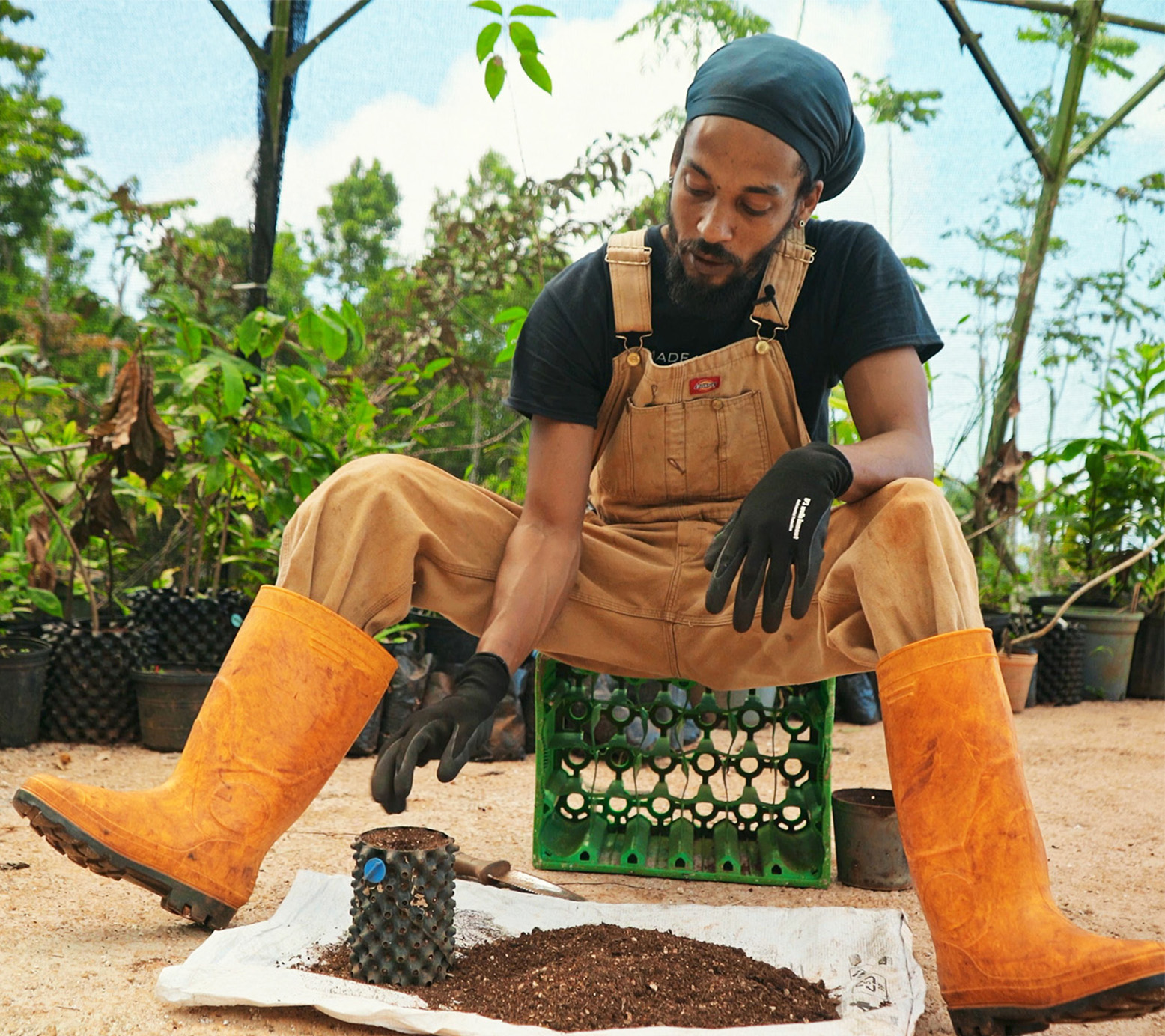
Higher animal welfare standards
Every aspect of welfare is covered under organic standards, which insist that animals are truly free-range; given plenty of space and fresh air, and raised in conditions that suit their natural behaviour. This means smaller flocks and herds, and more access to the outdoors.
Learn more about a biodynamic relationship with animals with Thea Maria Carlson.

No routine use of antibiotics
In non-organic UK agriculture, routine use of antibiotics is widespread accounting for around 30% of all UK antibiotic use, but using them preventatively is banned in organic farming.
However, farmers do not need to depend on antibiotics when animals are farmed in hygienic environments, fed the right diet and raised in more spacious conditions.
Learn more about natural pest control with Charles Dowding.
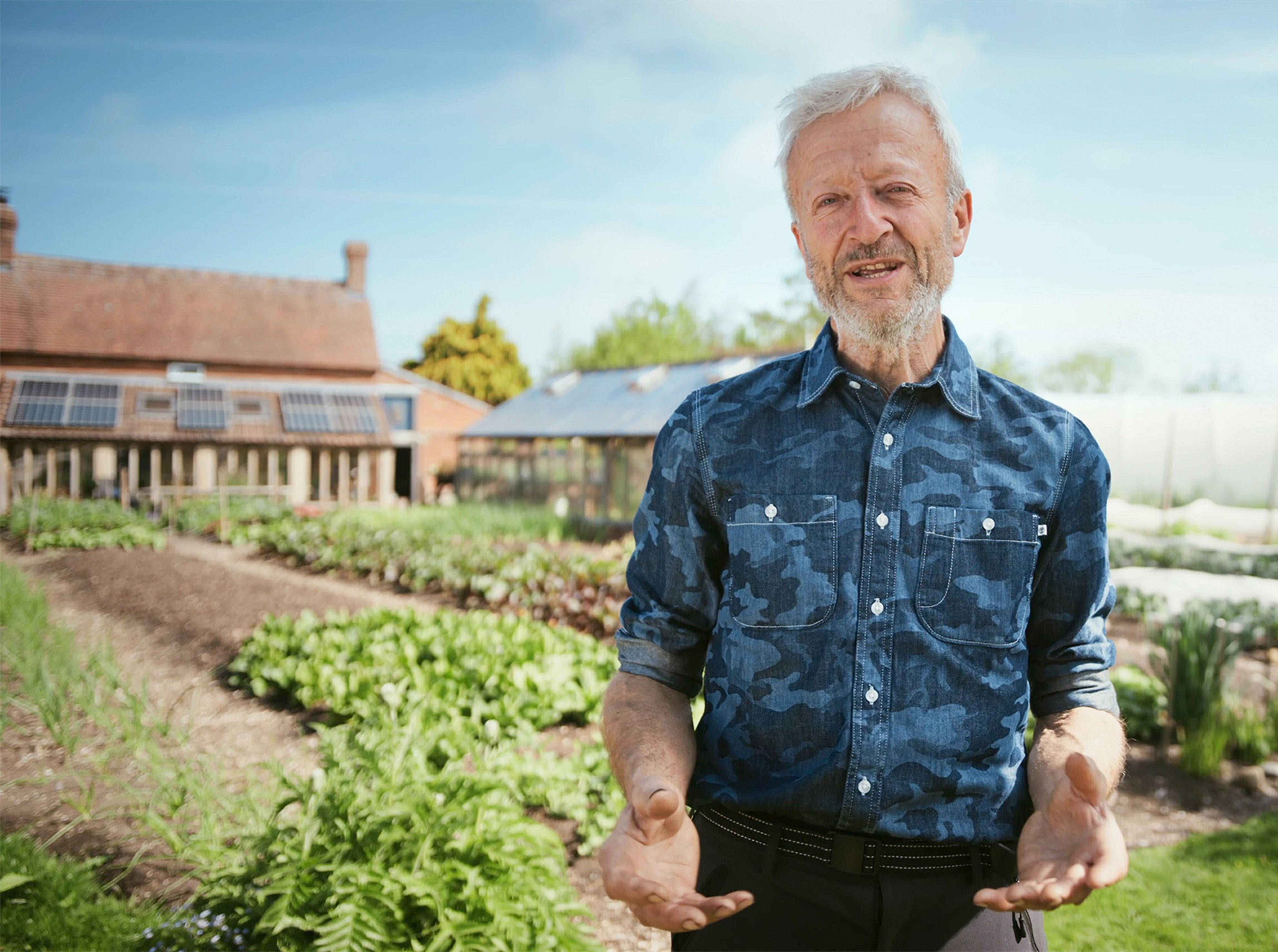
What’s the difference between ‘organic’ and ‘natural’?
Unlike the ‘natural’ labels that you might see on many food products, ‘organic’ is a protected term, subject to legal regulation. Organic certification bodies work with farmers and food processors to make sure their food meets strict organic standards, laid down in law.
Explore our series with Founding Partner, Neal’s Yard Remedies, where we discuss all things organic.
What can I do?
In the face of climate change, diet related ill-health and widespread decline in wildlife, the need to change our agriculture systems has never been greater – a transition towards ‘agroecological’ farming systems, like organic, can make a world of difference.
Many organic farms use practices such as no dig growing, composting, and providing habitats for natural predators. These are all skills you can learn within Earthed courses, such as No Dig Gardening with Charles Dowding, Biodynamic Farming with Thea Maria Carlson, and Food Forests with Manisha Lath Gupta.
Feel passionate about organic growing? Start a discussion in our community area!
